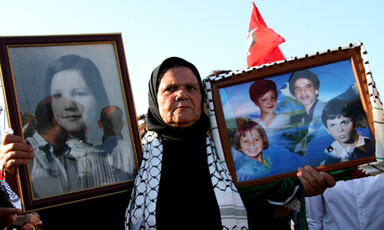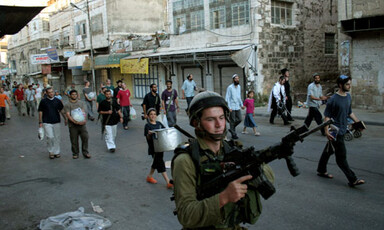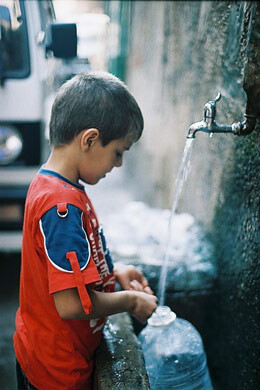
After 25 years, who remembers?
Sabra-Shatila camp 13 September 2007
Dearest Janet, It’s a very beautiful fall day here in Beirut, 25 years ago this week since the 16-18 September 1982 Massacre at the Palestinian refugee camps at Sabra-Shatila. It actually rained last night, enough to clean out some of the humidity and dust. Fortunately, not enough to make the usual rain-created swamp of sewage and filth on Rue Sabra, or flood the grassless burial ground of the mass grave where you once told me that on Sunday, 19 September 1982, you watched, sickened, as families and Red Crescent workers created a subterranean mountain of butchered and bullet-riddled victims from those 48 hours of slaughter. Franklin Lamb writes from Beirut. Read more about After 25 years, who remembers?








